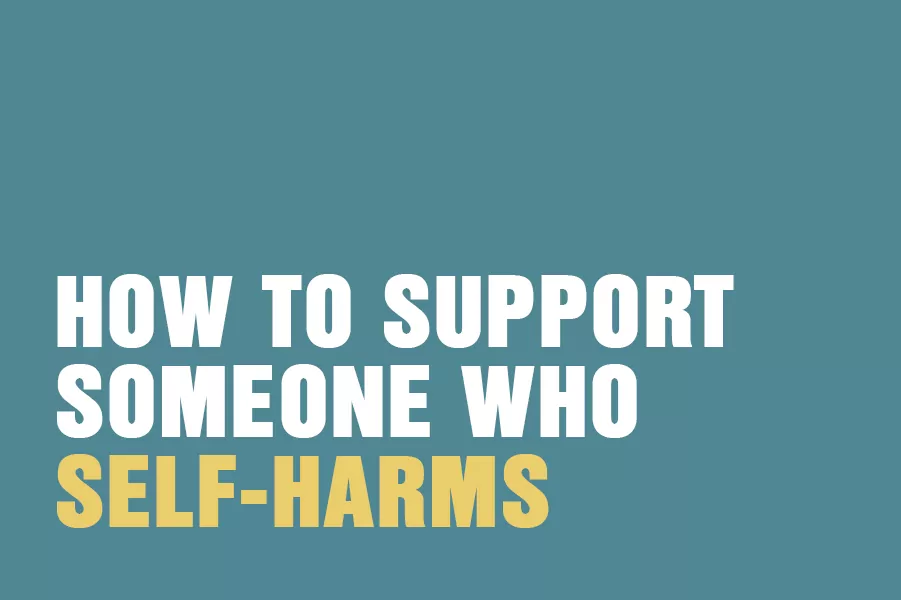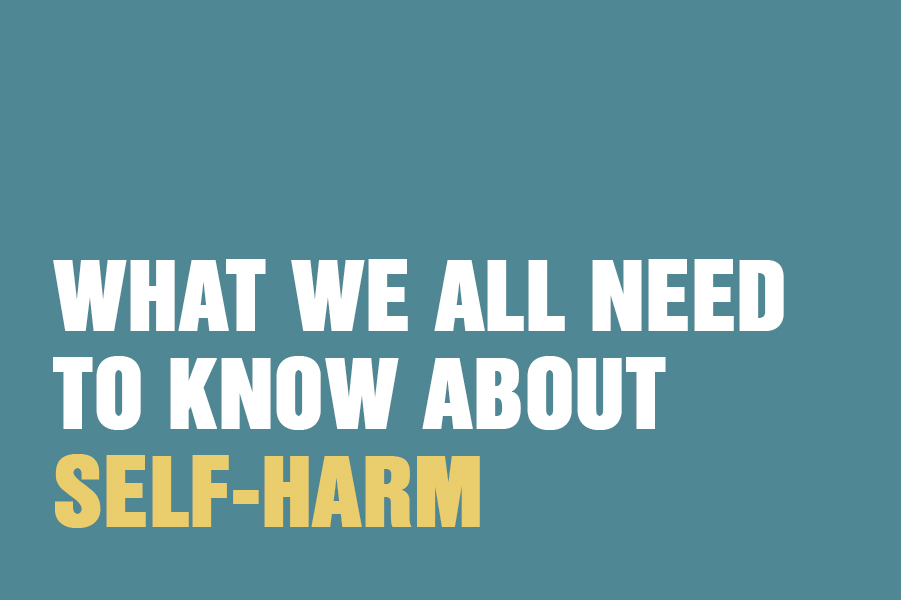What is Self-Harm?
Self-harm is when somebody intentionally damages or injures their body. It is a way of expressing feelings of despair and is often a cry for help, although many people try to maintain secrecy because of shame or fear of being discovered. Research has suggested that self-harm is most common among 15-19-year-olds, and those suffering from anxiety and depression.
People can self-harm as a result of low self-esteem, or a way of coping with traumatic events, such as the death of a loved one. It often begins when a person feels overwhelmed with upsetting thoughts and feelings. Harming themselves physically can feel like a release, almost giving them a sense of relief from the emotional pain they’re feeling, however this relief is only temporary. Forms of self-harm can include:
- Cutting the skin.
- Burning the skin.
- Punching your own body.
- Poisoning yourself with tablets.
- Misusing alcohol or drugs.
- Eating disorders, such as deliberately starving yourself (anorexia nervosa), binge eating or bulimia.
People often try to keep self-harm a secret because of guilt, shame or rage. They may cover up their skin and avoid discussing the problem. It may be up to close family and friends to notice when somebody is self-harming, and to approach the subject with care and understanding.
The signs may include unexplained injuries and signs of depression or low self-esteem. Someone who is self-harming can seriously hurt themselves, so it is important that they speak to their GP about any treatment or therapy that might help them. You can also call the Samaritans on 116 123 for support.
Therapy can go to the roots of the self-harming behaviour, which may be embedded in childhood abuse or trauma. A therapist can also help identify alternative coping strategies and ways of expressing the pain held inside.


